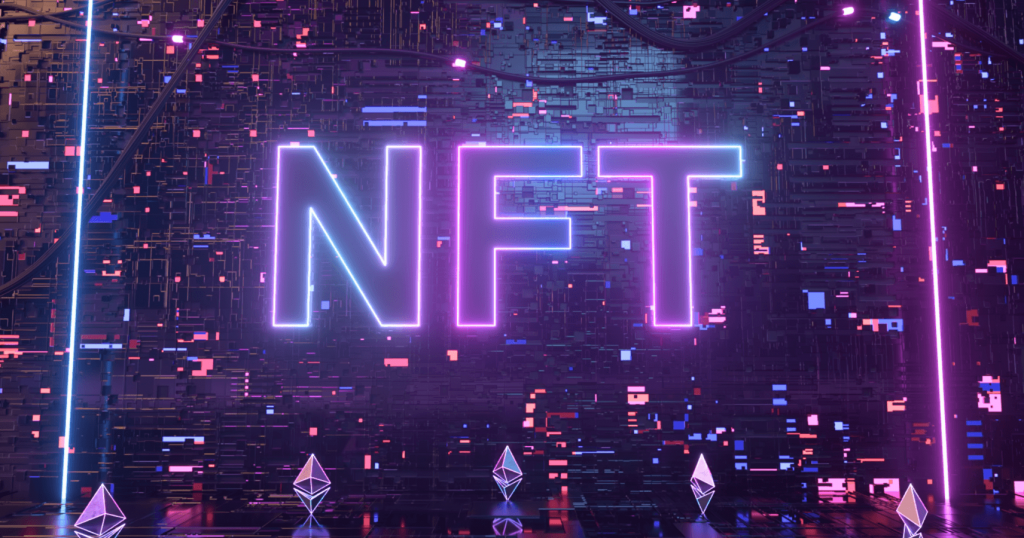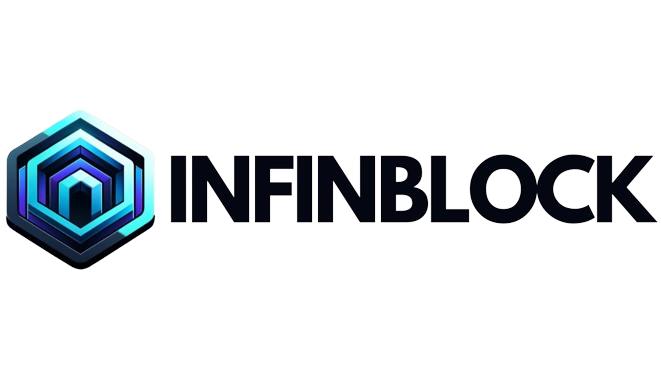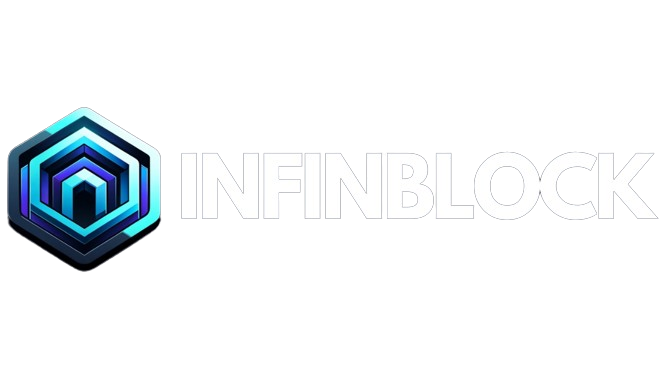Topics: Inheritance, Factories, Contract Interactions, Intercontract Communication, Interfaces, Visibility, and Specifiers.
In this installment of our series, we delve into more advanced Solidity topics including inheritance, factories, contract interactions, intercontract communication, interfaces, visibility, and specifiers. These concepts are pivotal for developing sophisticated and modular smart contracts on the Ethereum blockchain.
Inheritance in Solidity
In Solidity, inheritance is a way to extend the functionality of a contract. This concept allows a contract to inherit properties, functions, and modifiers from one or more other contracts. Inheritance promotes code reuse and abstraction, enabling developers to create a hierarchical relationship between contracts. A derived contract can override the functions of a base contract to implement its own logic.
Factory Pattern
The factory pattern is a design pattern that uses factory contracts to create instances of other contracts. This pattern can manage the deployment and organization of several contracts, making it easier to organize and deploy new contract instances dynamically. The factory pattern is especially useful in scenarios where the logic of individual contracts needs to be replicated with different state variables.
Interactions and Intercontract Communication
Smart contracts can interact with each other through function calls. This intercontract communication is pivotal for building complex dApps on Ethereum. There are several ways to achieve this, including using interfaces or directly calling another contract using its address. Properly managing contract interactions is crucial for the security and efficiency of dApps.
Interface
Interfaces define a contract’s external functions without providing their implementation. They are a way to enforce certain functionalities in a contract, acting as a contract blueprint. Interfaces are instrumental in intercontract communication, allowing contracts to interact with each other without knowing the underlying implementation details.
Visibility
Solidity provides four types of visibility for functions and state variables: public, private, internal, and external. Visibility determines how and where a function or variable can be accessed. Proper use of visibility is essential for smart contract security and functionality.
public: Accessible internally and externally (creates a getter for state variables).private: Only accessible within the contract itself.internal: Only accessible within the contract and derived contracts.external: Only callable from other contracts.
Specifiers
Solidity uses specifiers like view, pure, and payable to provide additional information about functions. These specifiers help in understanding the behavior of functions and optimizing gas usage.
view: Indicates the function doesn’t modify the state.pure: Implies the function neither reads nor modifies the state.payable: Allows the function to receive Ether.
Example Smart Contract: Using Inheritance and Interfaces
// SPDX-License-Identifier: MIT
pragma solidity ^0.8.0;
// Interface for ContractB
interface IContractB {
function performAction() external returns (bool);
}
// Base contract
contract ContractA {
address contractBAddress;
function setContractBAddress(address _address) external {
contractBAddress = _address;
}
function callContractB() external returns (bool) {
IContractB bInstance = IContractB(contractBAddress);
return bInstance.performAction();
}
}
// ContractB implementing IContractB
contract ContractB is IContractB {
function performAction() external override returns (bool) {
// Action logic here
return true;
}
}
Example Smart Contract Explanation
The example smart contract showcases several of these concepts:
- ContractA: Defines an interface
IContractBand sets an address for ContractB. It has a functioncallContractBthat callsperformActionon ContractB using the interface. - ContractB: Implements
IContractBand defines the logic forperformAction. - Inheritance:
ContractBinherits fromIContractB, demonstrating how derived contracts can implement interfaces. - Factory Pattern: Although not directly shown in the example, the concept of deploying
ContractBinstances could be managed by a factory contract for scalability. - Interactions and Intercontract Communication:
ContractAcommunicates withContractBusing theIContractBinterface. This illustrates how contracts can interact while maintaining a level of abstraction. - Interface:
IContractBdefines an interface thatContractBmust implement, showcasing how interfaces enforce certain functionalities. - Visibility and Specifiers: The use of visibility (e.g.,
externalinIContractB) and specifiers (e.g.,overrideinContractB) clarifies the intended use and behavior of functions.
This setup demonstrates how to structure contracts for clear, modular designs using inheritance, interfaces, and intercontract communication. It highlights how contracts can interact in a decoupled manner, improving code reusability and system scalability.


Mastering Smart Contracts and Solidity: A Comprehensive Guide
Dive into the world of blockchain development with our series designed for students and enthusiasts eager to master smart contract programming and Solidity. From foundational blockchain concepts to advanced Solidity development techniques, this series covers everything you need to know to become a proficient blockchain developer. Explore Ethereum’s ecosystem, understand smart contracts and the EVM, and start building decentralized applications with confidence. Join us on this journey to unlock the transformative power of blockchain technology.



 Bitcoin
Bitcoin  Ethereum
Ethereum  Tether
Tether  XRP
XRP  USDC
USDC  Solana
Solana  TRON
TRON  Lido Staked Ether
Lido Staked Ether  Dogecoin
Dogecoin